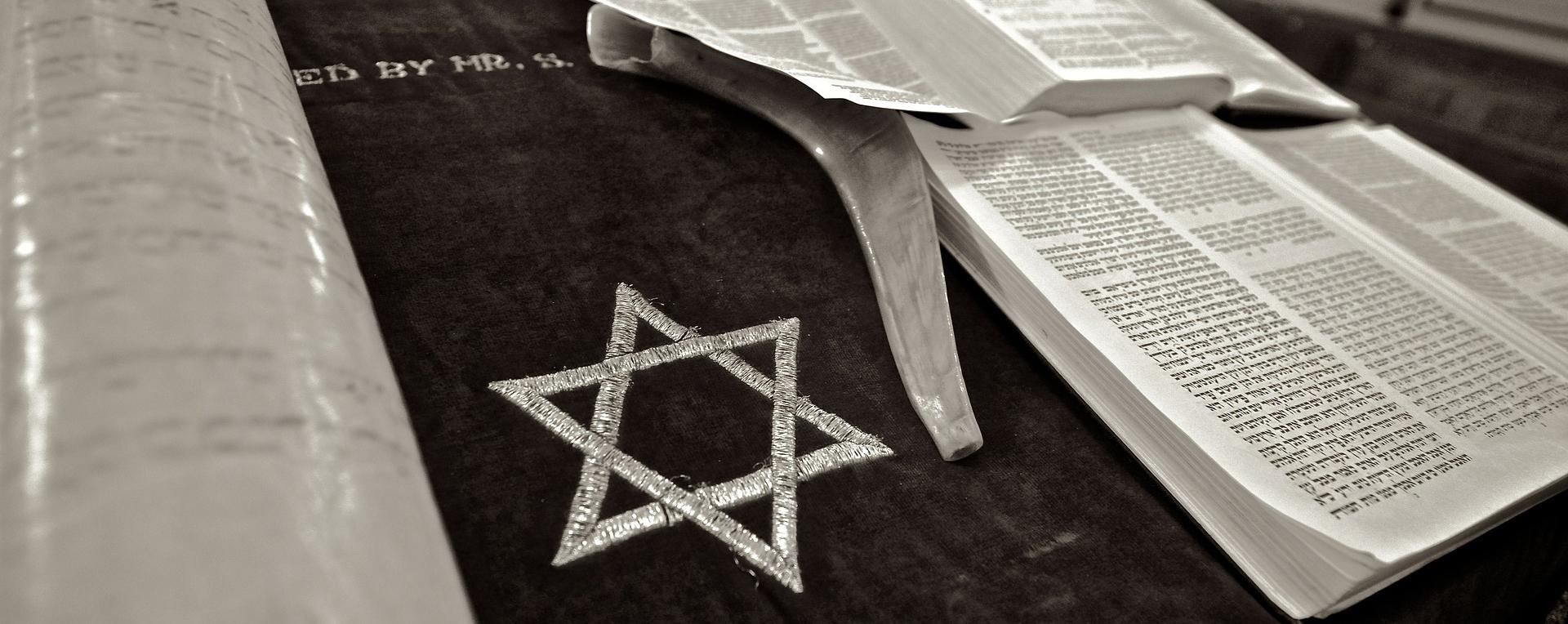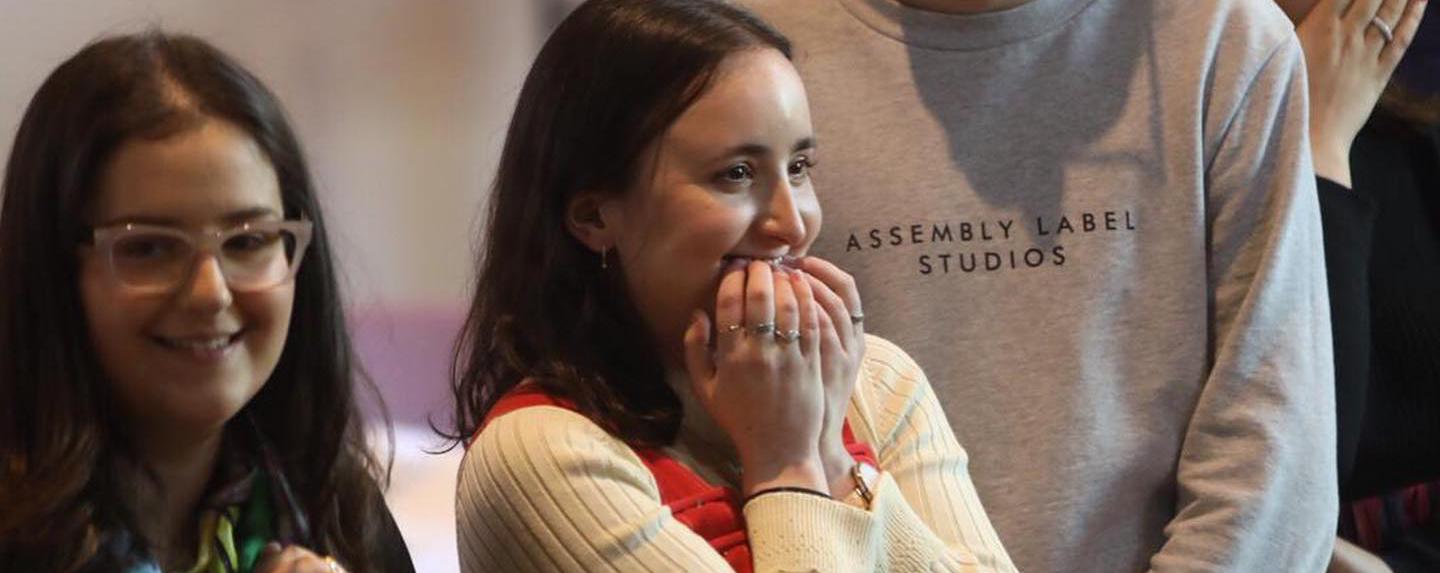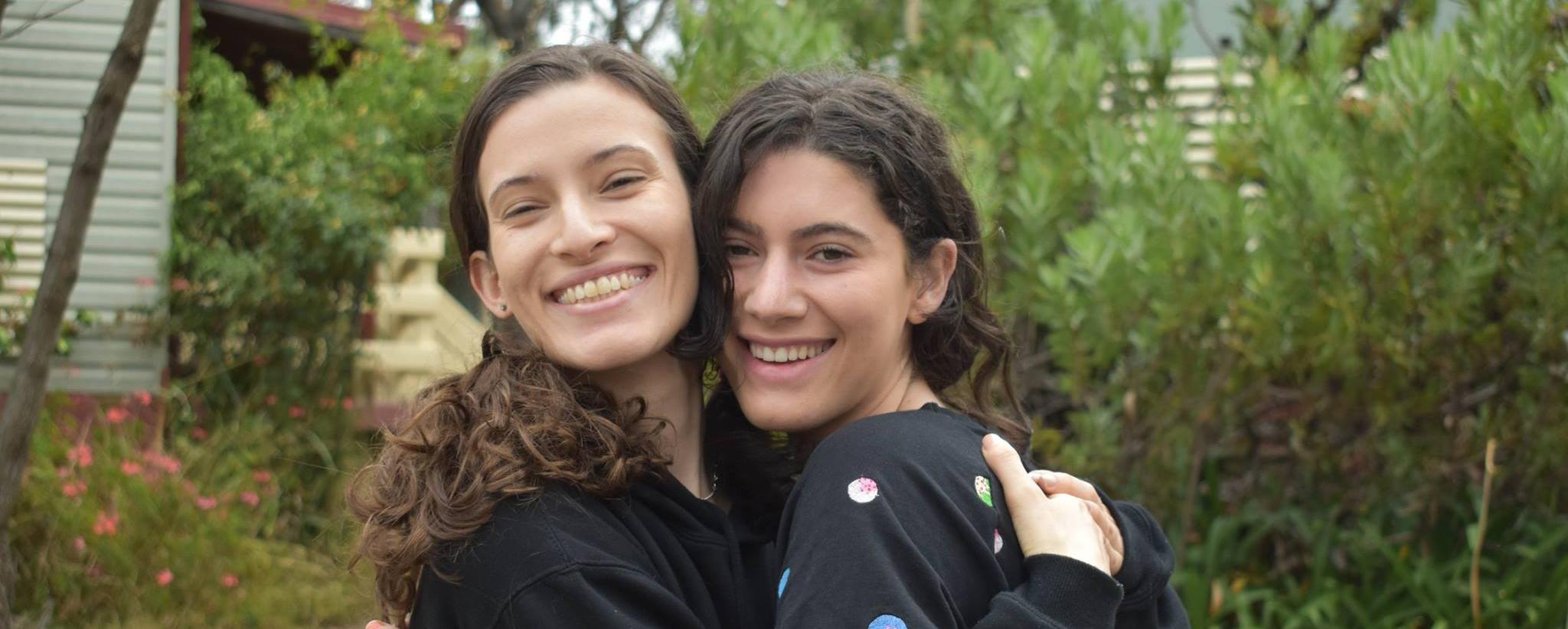
5 minute read
Okay
By Benjamin Ezzes
You have been deceived.
Advertisement
You have been presented with two contradictory assertions that form the core of who you are. You have been told by your parents, your teachers, and even your friends, that you are both okay, and not okay. Far from a moral judgement, you have been told you are both worthy and wonderful, and worthless and nothing. At once, you are perfect and imperfect.
‘Okay’ doesn't mean much of anything at all. It is a placeholder – something we call ourselves and are called without seeking its meaning. The origins of ‘okay’ are trivial and obscure. ‘OK’ is an abbreviation of the phrase 'Orl Korrect', as a homophone of 'All Correct', and was the 1840 US presidential campaign slogan of Martin Van-Buren. The phrase took off, and was abbreviated into OK by his nickname, Old Kinderhook. A made-up word, defined as satisfactory, permissible, neither good nor bad in any way. Something 'okay' is in a middle stage of being, you could say.
Now back to our fundamental dichotomy.
You are told that you are okay. You are told that you are perfect as who you are, special and holy and made separate. From the Jewish tradition, you inhabit a unique soul with a unique mission and a set of skills to achieve them. Surely you are okay. Your state of living is either satisfactory or resplendent.
At some point in school, someone tells you that you are perfect as you are. You are told that whatever effort you give is good, and that your struggles, all of them, are first-rate and right. You are told that you are human, and that humans make mistakes, and that you must rise above. Good parents for generations have told their children that they will be loved no matter who they are, and they will be good at whatever they happen to do. You must be proud of you, because you are okay.
Then, you are told you are not okay. You are told that you must perpetually better yourself, that the constant state of your being is less than perfect. You are told that you must remember death and all the things that limit you, withhold your ego and flourish your ambition. You are told, like all good characters, that you are integrally and fatally flawed, and that the only way out is to have the ambition to emerge and succeed.
You are told that however noble and grand our achievements, that we face mortality. When a Roman commander was given a triumph to mark their victory, it is said that a slave had to accompany them and whisper into their ear a ‘memento mori’, to remind them of imminent and unavoidable death. Literature is filled from its beginnings with characterisations of our lives as fleeting and worthless. Years after Solomon writes Kohelet, singing of life as vain and vacuous, a monk in Germany writes for the Carmina Burana: ‘Similis sum folio, de quo ludunt venti’ – I am a leaf, tossed in play by the winds. Our Psalms speak to the beauty in our fragility, likening us to flowers that bloom in the field – but, at the next instant, we are blown by the wind and fall away. It seems that the perfect Jew is meant to be self-depreciative and curb the ego that seeks to overwhelm us.
There is a second kind of not okay, too. You are told to treasure ambition. You are told to have drive, that to remain static and not on a pathway to success is not okay. You are told that you can never be satisfactory, because you can never stop moving onward and ever onward, and that if the point of our conclusion even exists then only when we reach that point will we be okay. That, my friends, is very dangerous - because then you have equated being okay with being perfect.
So you throw up your hands. Okay is utter nonsense, and you are right. Before you are okay, before you are not okay, you are yourself. You live independent of any other voice, any other commentary, any other determination of who you are.
Our world is steeped in the expectations of others. Too often, we ignore our own ambitions to fulfil what everyone wants us to be. We live not through our own agency, but through their collective determining of what perfection happens to be, trying all at once to satisfy everyone's contradictory expectations because it is expected of us. We all live distinct lives with different dreams and separate priorities. How can others have a hold on what it means for us to be okay? Much less, to be a perfect Jew?
We must define if we are perfect. Within this, an individual has to hold to certain standards of our peoplehood – of not harming others, not violating basic morality and ethics, accepting the honest advice of others in determining our fate. To be Jewish is to learn from every contradiction, every machloket and every word. What can we learn from okay? That we must uphold and remember the lessons of both dictums.
We are not okay. We must be humble. We must learn to accept that there is something greater than ourselves. We must remain not subservient but respectful of those things beyond us, the things that have the power to shape us - time, circumstance, death. To be not okay is to strive for goals without them being beyond you, to swallow pride and hubris and suppress arrogance.
We are okay. We are not fatally flawed. We have a purpose, something to give, and a permanent ability to learn from adversity. Because we know ourselves, and life is a journey of understanding ourselves, independent of the expectations of others, we can choose what we want ourselves to be. There are aspects of our humanity that cannot be compromised, parts of ourselves that cannot be corrupted, and elements of our thinking that will remain free. That we are worthy of our place in this world - and that we, alone, have the ability to choose what we want the word 'okay' to mean.









